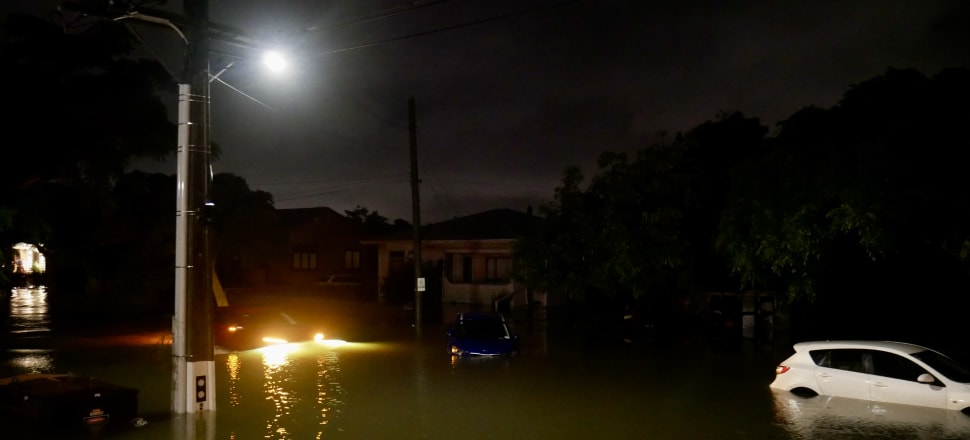
Wayne Brown's repeated defences of the radio silence from council offices on Friday night miss the point that communications is a fundamental part of an emergency response, Marc Daalder writes
Analysis: Amid blistering criticism over the lack of communications during Friday night's storm, city leaders, from the Mayor down to emergency management officials, have suggested comms should play second fiddle to the emergency response itself.
Mayor Wayne Brown said on Saturday he was too busy managing the response to focus on communications. His leaked text message from later that day, about "media drongos", wasn't concerning because of the epithet (journalists get way worse on a daily basis) but because it showed he still viewed communicating to the public as a chore rather than a fundamental part of the job.
Andrew Clark, the controller for Auckland Emergency Management, said during the same Saturday press conference that officials had two priorities that outranked communicating to the public: rescuing people and setting up evacuation centres.
READ MORE: * A self destructing mayoralty * ‘We’re petrified': Why floodgates were closed
This approach led to hours-long gaps in public-facing communications from Auckland Transport, Auckland Emergency Management and the Mayor's office on Friday night.
Over the nearly four hours between missives from emergency management officials, twice as much rain fell in Auckland (128mm) as typically falls in all of January.
Covid-19 showed exactly how important communications are to an emergency response. Imagine declaring a lockdown but not telling anyone.
Treating communications as an optional add-on is misguided, experts say. Instead, it's a critical part of the response.
Solid communications and preparedness reduces the burden on the acute response, disaster risk reduction expert Dr Lesley Gray told Newsroom.
Had those been in place, "fewer people would have needed rescuing but also those people who would need assistance would be known and would be assisted. There were some people who were overlooked or forgotten until community members themselves went, 'Hang on a minute, we've got someone trapped down there'".
A lot of this starts well before any disaster, through distributing information about emergency response procedures through trusted community leaders ahead of time. In much the same way as we run fire drills at schools and office buildings, Gray said best practice preparedness ensures everyone knows their local evacuation centre and what not to do in various hazard situations.
Research conducted in relation to influenza pandemics has shown some people respond better to "just in time" communications instead of information on a regular schedule.
"There's no one size fits all," Gray said. "What we can say now is, we didn't expect the amount of rain that we did get on Friday night so we've got to start socialising communities around, what does preparedness look like for a range of eventualities?"
Within council offices, some of that preparedness work had already been done. Auckland Emergency Management released new videos clearly communicating how to stay safe during flooding in mid-January - but didn't republish them ahead of or even during the rain event.
"Having the resources is great. Having the communication that gets out to communities so that communities know these resources exist and, for example, why trying to drive somewhere in flooding is not a good idea," Gray said.
This is the sort of content that could have eased the burden on emergency management professionals once the flooding really got underway. If more people were explicitly and repeatedly told not to drive in floodwaters, and where they could find an evacuation centre if needed, there would have been fewer stranded drivers or flooded homeowners to rescue.
These aren't new lessons. Covid-19 showed exactly how important communications are to an emergency response. Imagine declaring a lockdown but not telling anyone.
A pandemic and a storm are different, of course, but the overarching principles are the same.
Communication isn't merely the act of telling the public what you're doing, but integral to getting them onside too. A handful of officials in high-vis vests can't respond to a flooding event this large on their own. It requires community mobilisation, but in order to mobilise, communities need to know what to do first.







